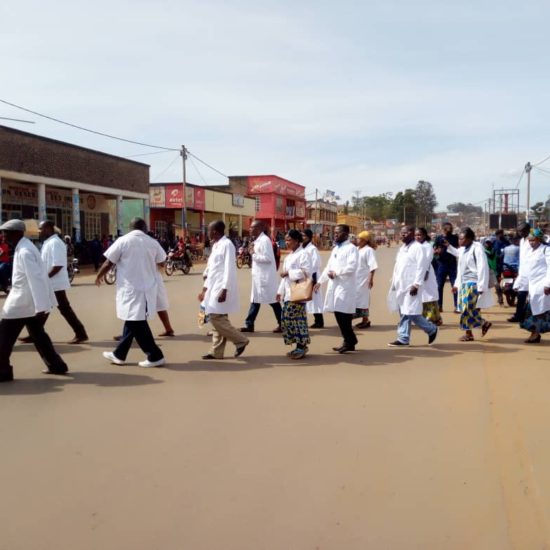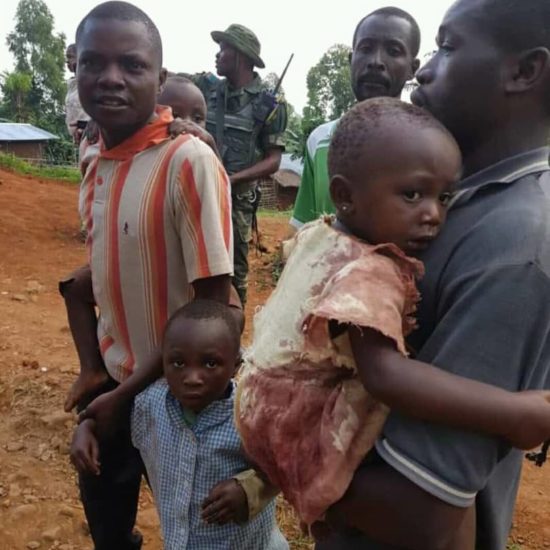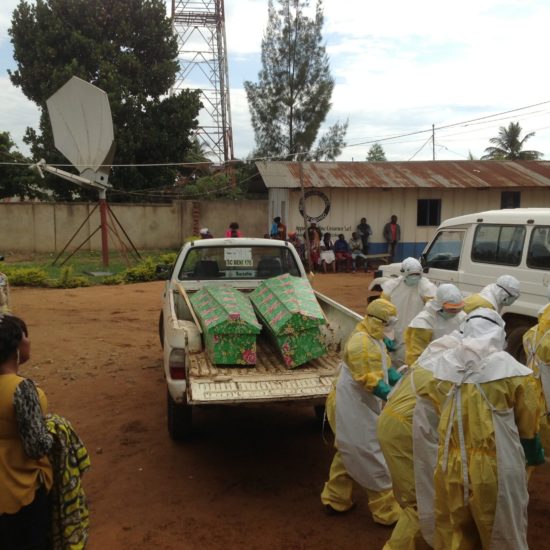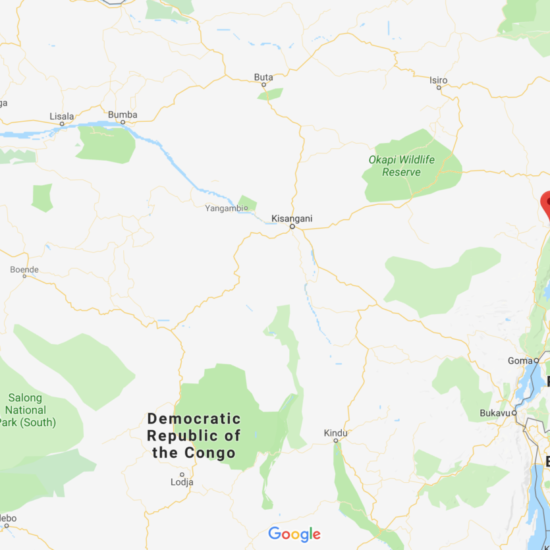
 Letter from the DRC is written by ÉlieKasindiKabululu, an infection control nurse who works in the Democratic Republic of Congo (DRC), where controlling the spread of the Ebola virus has been complicated by conflicts between the military and ethnic militias. A video produced by the BBC explains the historical underpinnings of this nation, where 70% of its people live in poverty, despite being one of the world’s richest in minerals. DRC remains an epicenter of Ebola.
Letter from the DRC is written by ÉlieKasindiKabululu, an infection control nurse who works in the Democratic Republic of Congo (DRC), where controlling the spread of the Ebola virus has been complicated by conflicts between the military and ethnic militias. A video produced by the BBC explains the historical underpinnings of this nation, where 70% of its people live in poverty, despite being one of the world’s richest in minerals. DRC remains an epicenter of Ebola.
Two days ago, the Center for Treatment of Ebola at Katwa in the city of Butembo, 54 kms from where we live, was attacked by a militia group called Mai Mai, who are reported to engage in sexual violence and the recruitment of child soldiers while purporting to protect the DRC from invading foreigners. The Center and other buildings were burned, along with equipment, cars, a motorcycle and medicines of Medicins Sans Frontieres (MSF, or Doctors Without Borders). MSF pulled out of the Eastern DRC after two of its staff were kidnapped.
Katwa, a city in the eastern reaches of the Democratic Republic of the Congo (DRC), is now the epicenter of the 7-month-long Ebola outbreak in North Kivu and Ituri provinces. Of a total of 840 possible cases, 775 have been confirmed and 65 are probable. The death toll for these possible cases is now at 537 deaths.
The violence in our region has resulted in even more deaths, including healthcare workers. One person died in the river in fleeing the attack but all patients were evacuated to another center at Itav. The Mai Mai arrived at the Center at 10 PM but the security staff were not able to contain the attack. The militia attacked the center for two hours, resulting in the burning of the Center and other buildings. But the same night the Allied Defense Forces (see my prior blog) were attacking in another area (Mamove) about 55 kms from Beni where we live, where they killed two people and looted some nearby homes. Last week, a nurse was killed by the militia in the area of Bulambo, about 60 kms from where we live.
Given this situation, the control of Ebola is very challenging since tracing contacts is complicated by the internal displacement of people fleeing the violence. Most healthcare workers, including nurses, have been working without pay for many months, because their patients are poor and not able to cover the fees for their care. The government is trying to organise payments (less than $50 per month per person) but has yet not covered 50% of the workers. If the healthcare workers cannot pay their family’s living costs, they will need to cultivate the fields to support their families.
This is a very stressful situation that we seem to be dealing with permanently in our area. I and my family are living stressful lives. A few months ago, we had to evacuate our children at the supposedly secure area where they were attending private school. We are facing the challenges of covering the living costs of our three children and five other dependents. Many people have left the area and are living now in other towns but we have preferred to stay here to take care of our community. Our children are studying but are stressed as the attacks of the rebels that are continuing to threaten the safety and security of the city. Working the night shift is particularly dangerous. A few months, ago our hospital was attacked by the Mai Mai. A doctor and nurses, one of whom was pregnant, were kidnaped and the hospital was looted. I hope we can increase the world’s awareness of the situation and the exhausted healthcare workers’ plight.








